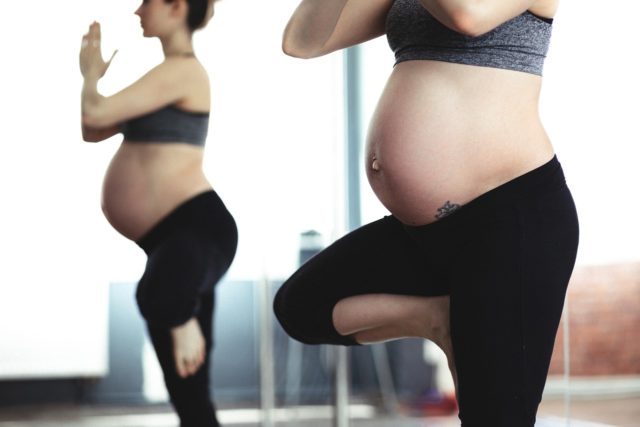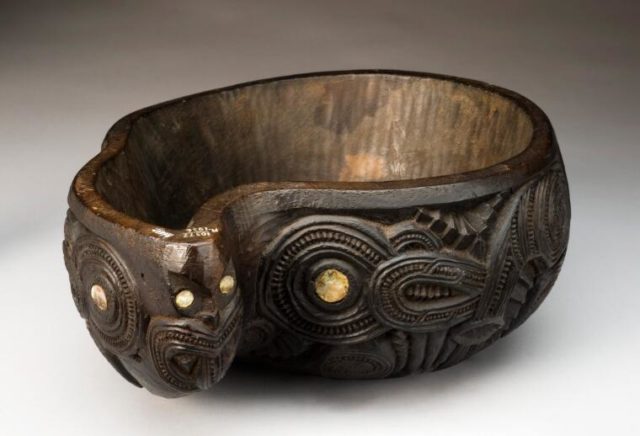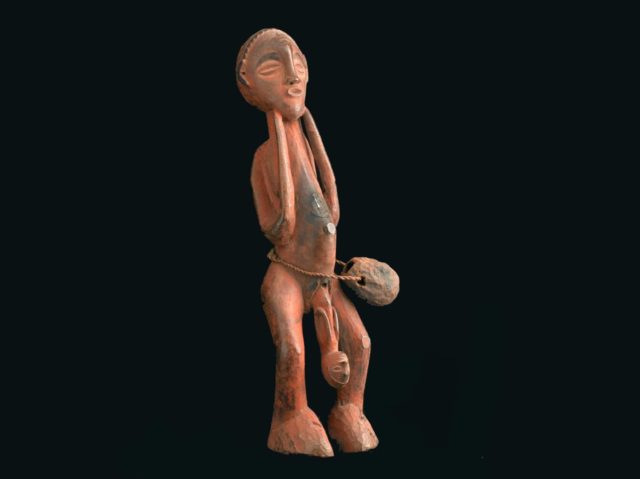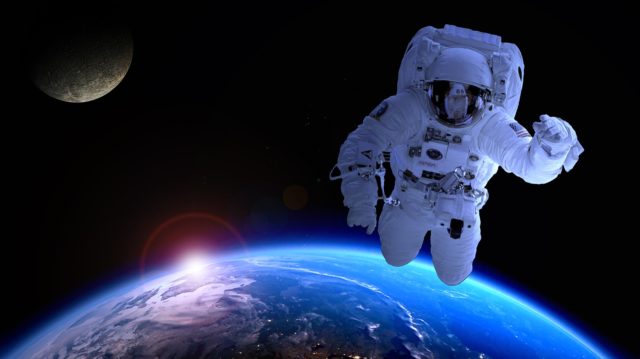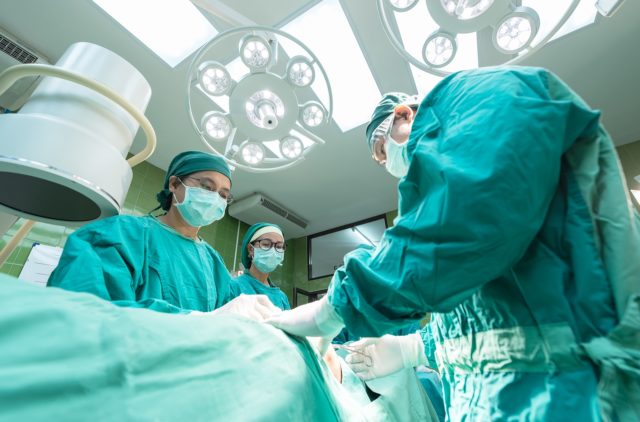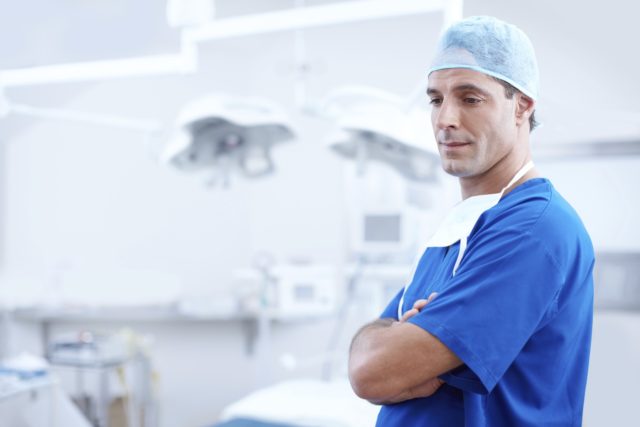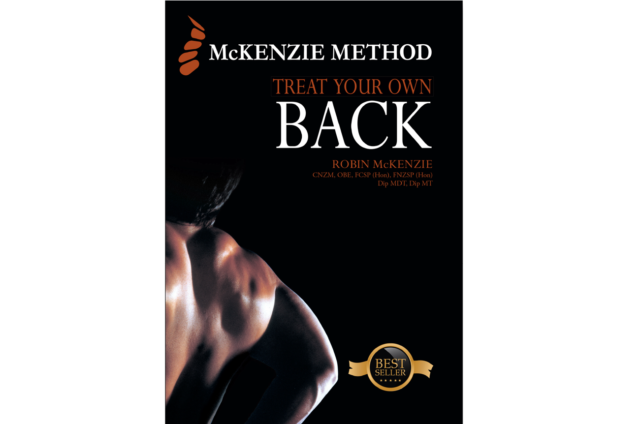Before I got pregnant, I already knew I had a herniated disc at L5-S1. When I learned I was expecting, I naturally wanted to know how the two conditions would interact.
Category: Sciatica
My Upright Birth Story, Part 2
There’s a difference between making a medically sound decision, and being okay.
My Upright Birth Story, Part 1
I wasn’t sure how giving birth would affect my sciatica, or how I would manage when I couldn’t sit down. This is my labor story.
I Have Chronic Sciatica and a Sitting Disability. Here’s How I Prepared for Childbirth.
No one could tell me how childbirth would affect my chronic sciatica. Nor did I know how I would get through labor when I could neither sit down nor lie on my back.
Women’s Spines Are Made for Pregnancy
Since my existing back problems are hard enough to manage, I wanted to know what exactly would change with pregnancy. Would it exacerbate my existing problems, or put me at risk of new ones? Was there anything I could do to prepare myself?
Why Are Astronauts Weirdly Susceptible to Herniated Discs?
Astronauts face many unique job hazards, including an abnormally high rate of disk herniations. The ESA asked scientists to figure out why astronauts’ discs were in such bad shape.
How Likely Are You to Reherniate After a Discectomy?
After reading a certain number of social media posts from people who are terrified they’ve reherniated, I started to wonder: just how often do discs reherniate after a discectomy?
For Microdiscectomy Success, Does the Type of Herniation Matter?
As I was investigating reherniation rates and the effectiveness of microdiscectomies, I came across a paper that sought to answer a question I hadn’t thought to ask – does the type of herniation matter?
Book Review: Treat Your Own Back by Robin McKenzie
After years of getting secondhand versions of his advice from websites, forums, and patient stories, I picked up Robin McKenzie’s book, Treat Your Own Back, to see what the man himself had to say.
Schmorl’s Nodes: What Are They, and What Causes Them?
At first, it seemed like mechanical damage was all there was to the question of “What causes Schmorl’s nodes?” But once the role of genetics in back pain was becoming understood, scientists decided to investigate Schmorl’s nodes as well.
